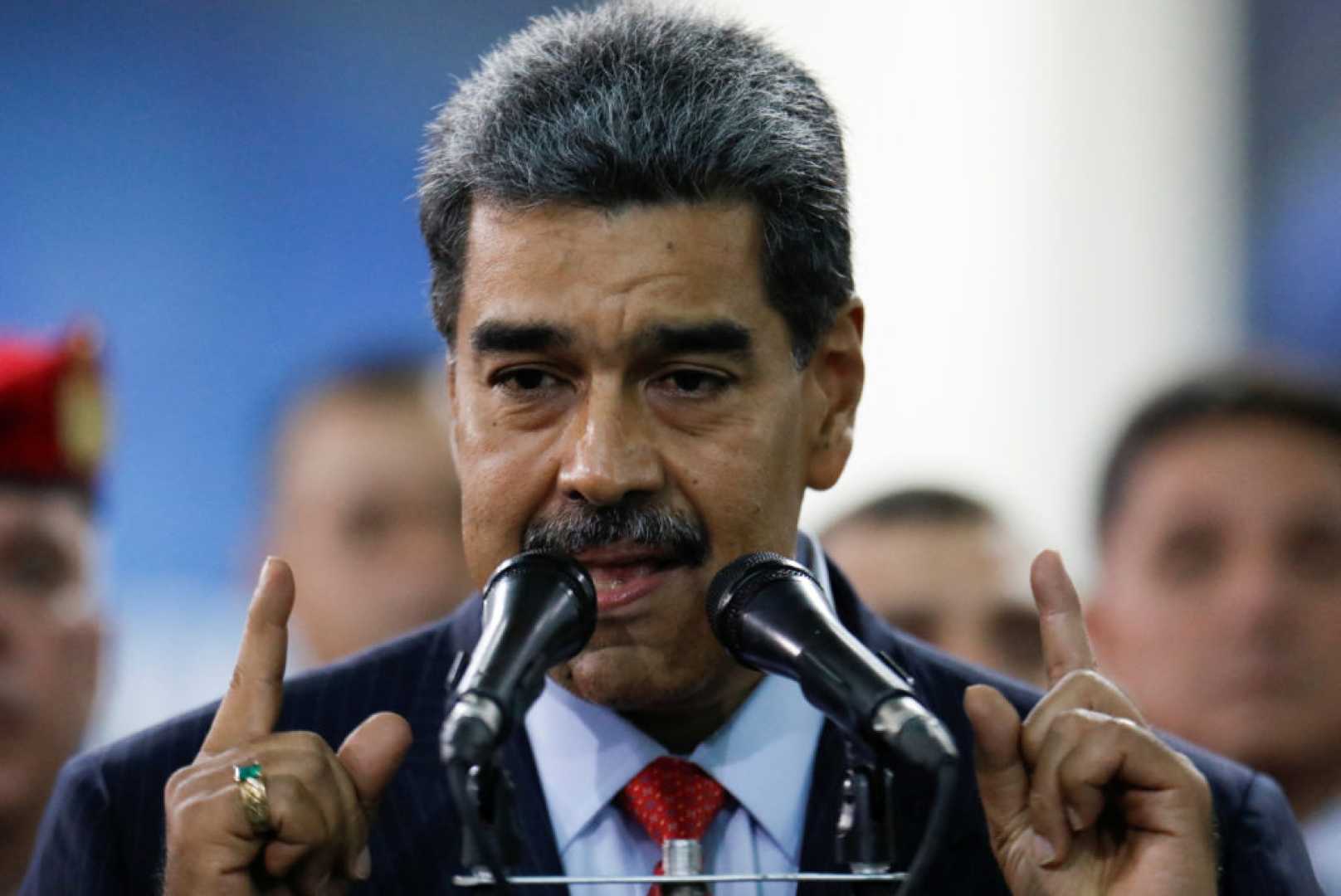World
Maduro Threatens to ‘Liberate’ Puerto Rico Amid US-Venezuela Tensions

CARACAS, Venezuela — Venezuelan President Nicolás Maduro has issued a provocative threat to “liberate” Puerto Rico, a U.S. territory, in response to perceived interference from Washington. The statement, made last week, comes as the U.S. prepares for a new administration under President-elect Donald Trump, reigniting tensions between the two nations.
Maduro’s remarks, though widely dismissed as rhetoric, underscore the strained relationship between Venezuela and the U.S., which revolves around oil, migration, and ideological differences. Venezuela, home to the world’s largest oil reserves, has historically been a key supplier of crude to the U.S., particularly to Gulf Coast refineries. However, U.S. sanctions on Venezuela’s oil industry have complicated this dynamic.
Puerto Rico Governor Jenniffer González condemned Maduro’s statement as “a blatant threat of military aggression against the U.S. and an incitement against peace and stability in our region.” Political analysts, however, view the threat as more symbolic than substantive. Indira Urbaneja, a political consultant aligned with Maduro’s government, told CNN, “It’s more a provocation than anything else. Maduro’s priority is overcoming internal challenges, not invading Puerto Rico.”
Maduro’s government faces significant domestic challenges, including a restive political opposition that accuses him of election fraud. Despite these issues, Maduro appears to be seeking attention from the incoming Trump administration, with whom he had a contentious relationship during Trump’s first term. The U.S. remains a critical player in Venezuela’s economy, historically importing the majority of its crude oil and imposing sanctions that have exacerbated the country’s economic crisis.
Benigno Alarcón, a politics professor at Caracas’s Andrés Bello Catholic University, believes Maduro’s threat may backfire. “It exacerbates the animosity that exists against Maduro in the U.S. government and among most Americans,” he said.
The Trump administration’s approach to Venezuela remains uncertain. While Trump has expressed support for Venezuela’s opposition leaders, some U.S. lobbyists advocate for engagement with Caracas on oil and migration policies. Venezuela is the origin of over eight million migrants, many of whom have crossed the U.S. southern border illegally. Trump has signaled an aggressive immigration push, including legislation to end a humanitarian parole program for Venezuelans.
Maduro, meanwhile, is likely hoping to negotiate reduced U.S. pressure in exchange for accepting increased deportation flights. “The deal will take place; maybe not at the beginning, but sooner or later, Trump will have to engage with Venezuela on migration,” Urbaneja predicted.
Venezuela’s economic crisis, marked by 48% inflation and widespread poverty, continues to drive migration. Over 20 million Venezuelans live in multidimensional poverty, and migration intentions have surged since Maduro’s controversial re-election in July 2024.
As the Trump administration takes shape, key figures like Marco Rubio, the incoming Secretary of State, and Mike Waltz, Trump’s national security adviser, have been vocal critics of Maduro. However, others, such as border czar Tom Homan, may push for pragmatic negotiations. Laura Dib, director of the Venezuela Program at the Washington Office on Latin America, noted, “We are yet to see what the new approach will be.”
The coming months will test whether the U.S. and Venezuela can navigate their complex relationship, balancing ideological differences with pragmatic economic and migration concerns.












